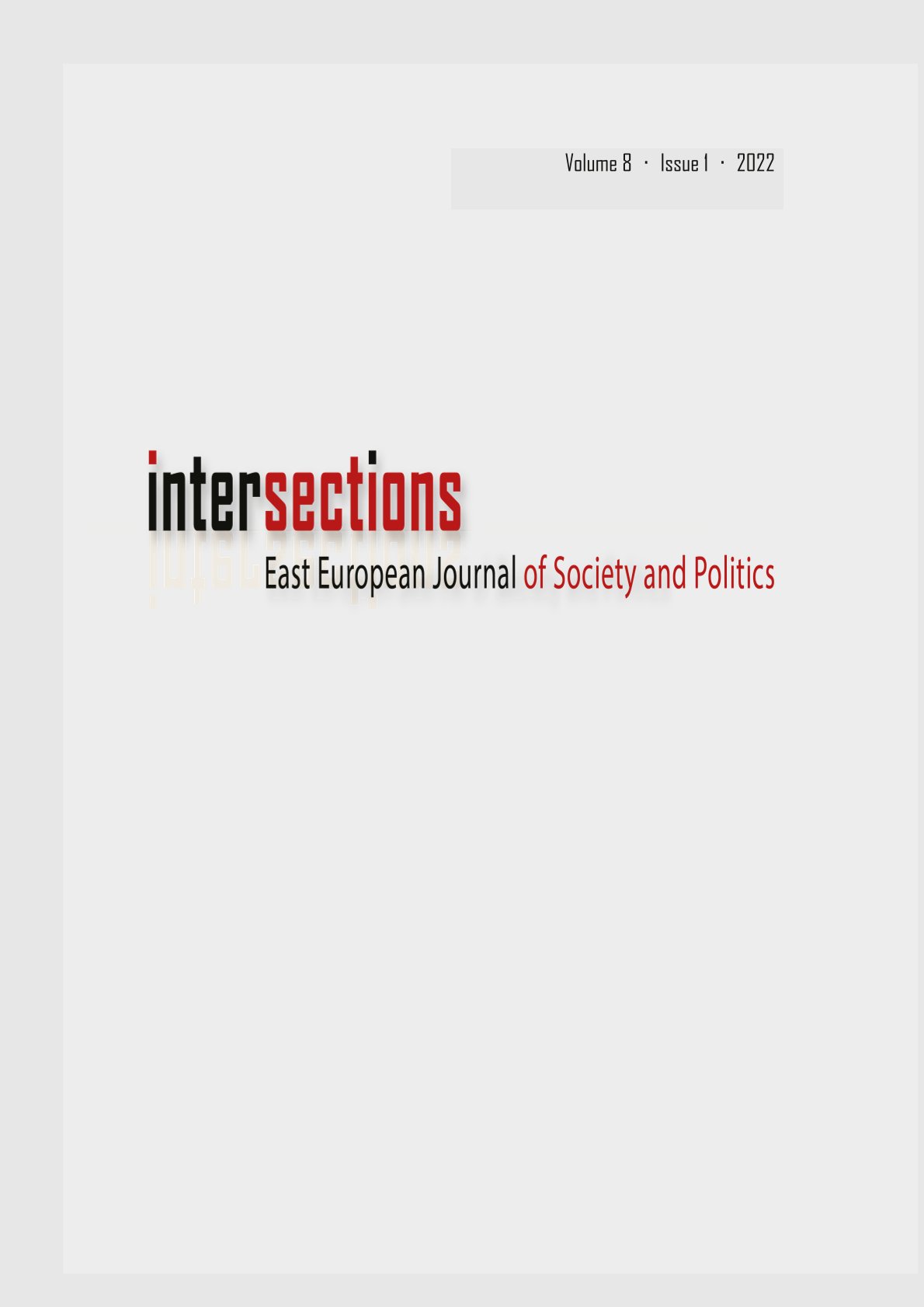Some thoughts on civic education
Some thoughts on civic education
Lessons from the international literature
Author(s): Alexandra HolleSubject(s): State/Government and Education, Sociology of Education
Published by: MTA Társadalomtudományi Kutatóközpont Kisebbsegkutató Intézet
Keywords: civic education; citizenship; Hungary; literature review
Summary/Abstract: From time to time, both political scientists and education researchers articulate that the civic competences of the Hungarian youth should be developed. The phenomena, which should be tackled in this way are varied: lack of basic civic knowledge, low political interest, low level of political participation, relatively high rejection of democracy, and openness to radicalism are among the most frequently mentioned. Based on this, civic education may seem a universal therapy. Since a good deal of empirical research from mature democracies has shown the positive effects of civic education, it should be indeed kept on the list of potential solutions. However, those scholars, policymakers, and practitioners who would like to achieve change, should go beyond this superficial tip and ask the key questions of civic education. Who is a responsible citizen and how can civic education prepare students for this role? The paper does not seek to provide exclusive answers to these questions. It aims to provide a comprehensive picture of possible answers, based on the current literature of various disciplines.
Journal: Intersections. East European Journal of Society and Politics
- Issue Year: 8/2022
- Issue No: 1
- Page Range: 51-71
- Page Count: 21
- Language: English

